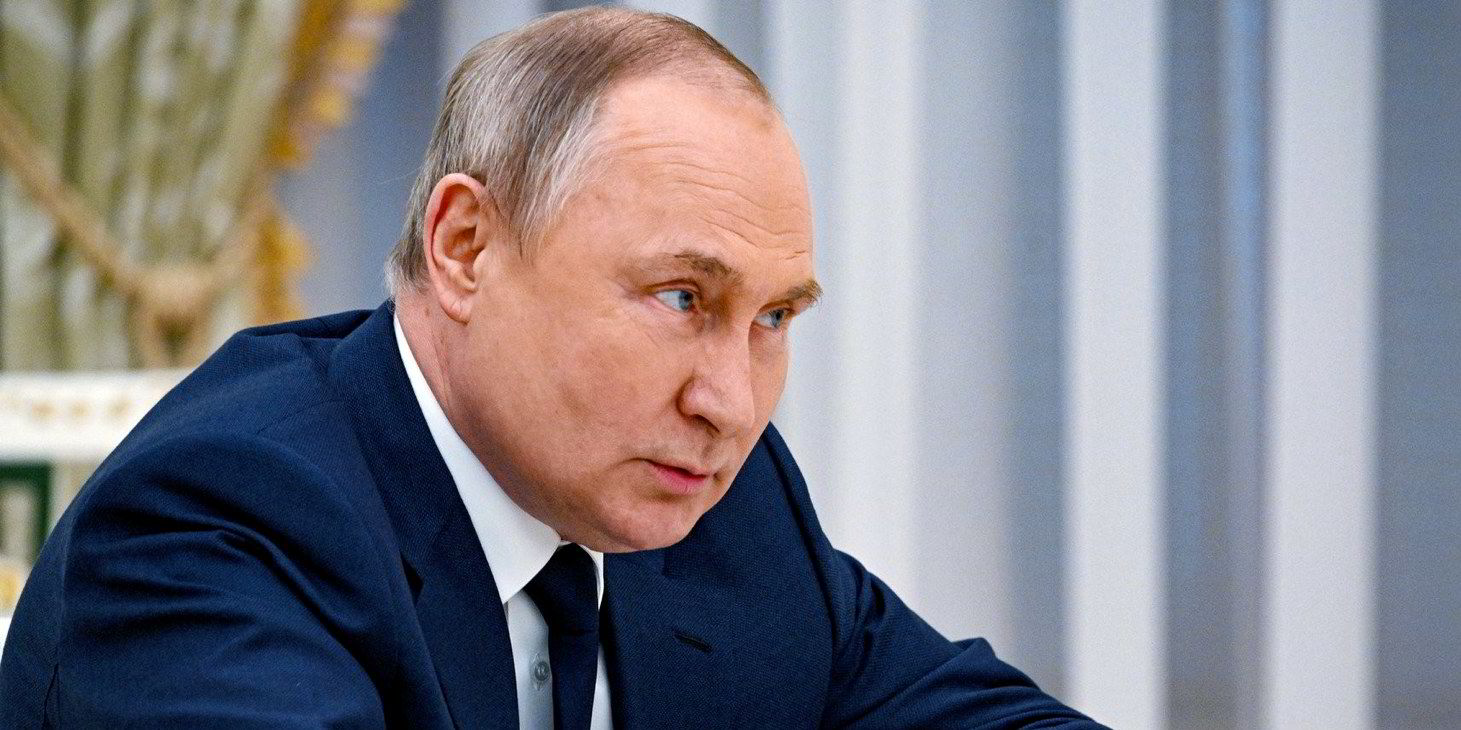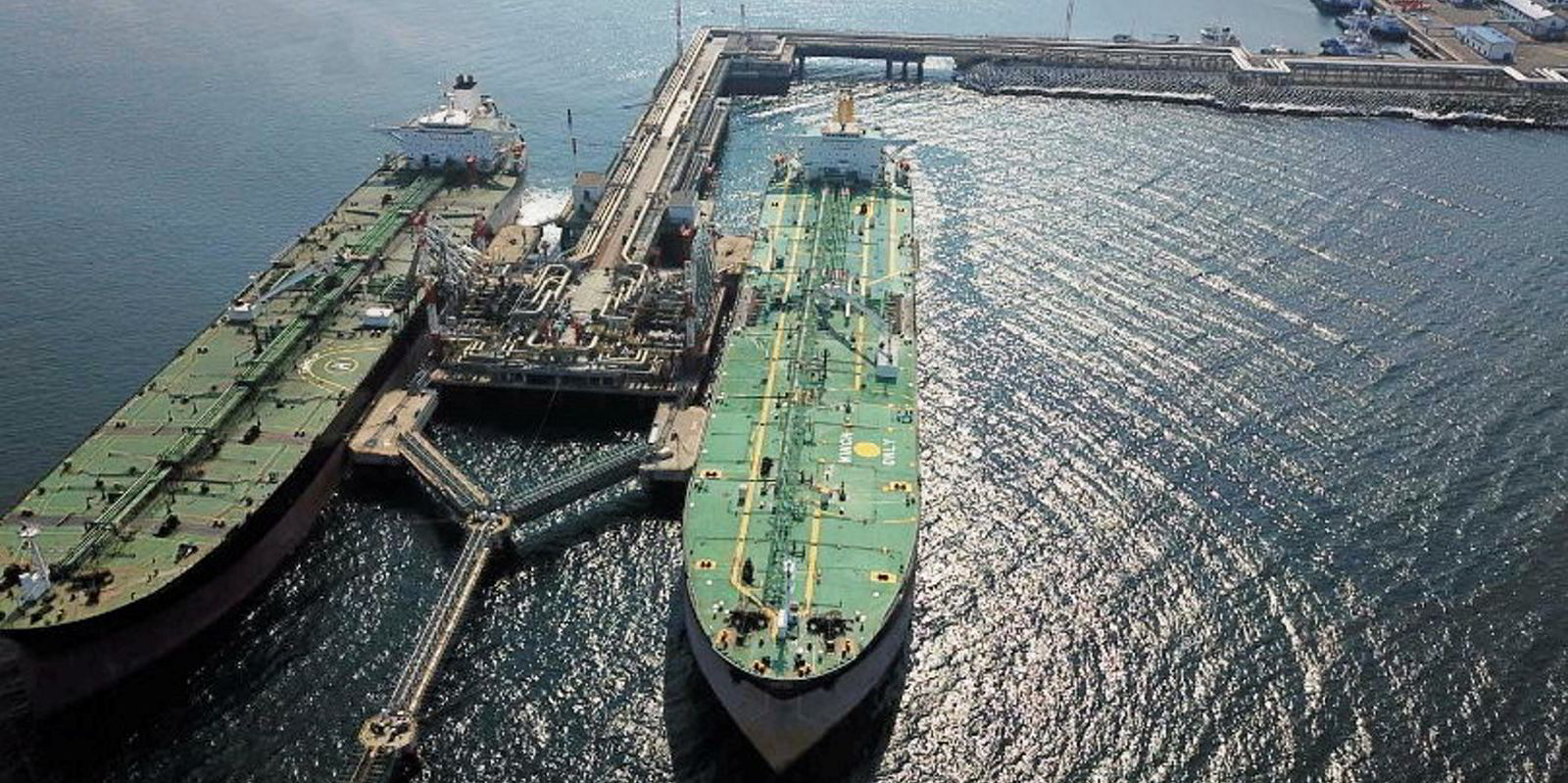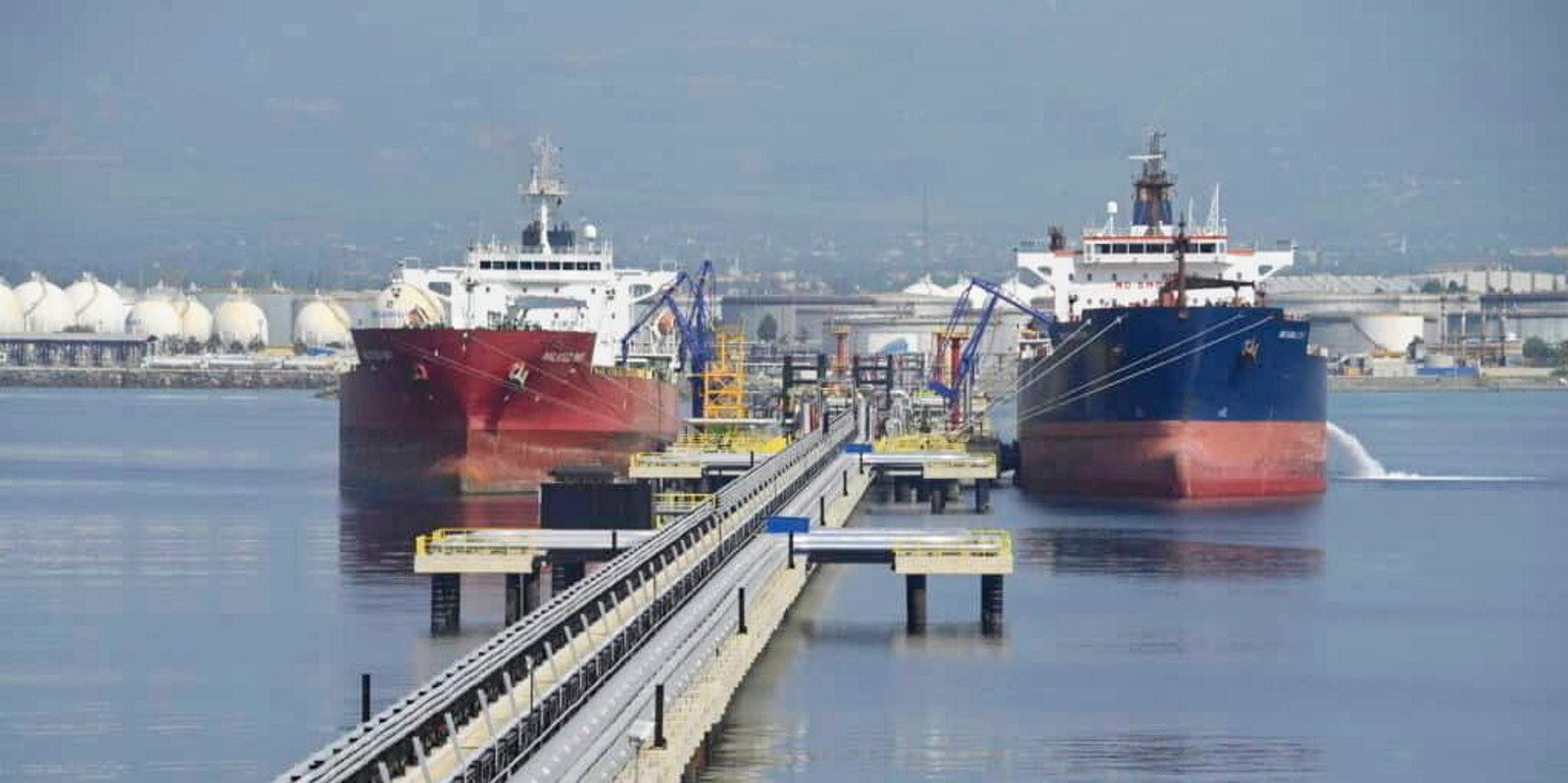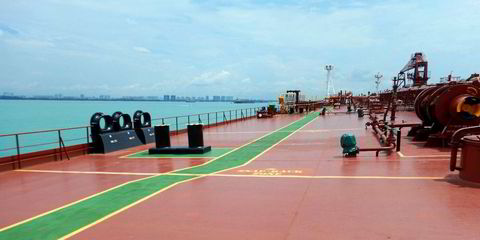A tightening of sanctions and improving tanker rates are threatening to reduce the amount of crude Russia can export, says Poten & Partners.
“The G7 price cap, which started in December 2022 for crude oil, was meant to force Russia to sell its oil for a discount (below $60 per barrel) or lose the ability to use Western shipping services for its exports,” the US broker said.
“However, the G7 price cap was only loosely enforced, and many Western owners continued to transport Russian barrels.
“At the same time, throughout 2022 and into 2023, Russia was able to build up a large dark fleet to circumvent Western sanctions and maintain its export potential.”
Moscow offered big discounts, and price-sensitive buyers such as India, China and Turkey were happy to take advantage of the situation and ramped up purchases.
India, in particular, went from a minor buyer of Russian crude before the invasion to the largest customer in 2022 and 2023. Turkey also boosted its imports, mainly of Urals, while China remained a large customer.
However, by last autumn, US and European Union authorities began to clamp down on Western shipowners and service providers that were suspected of not complying with the price cap.
Poten said this led to an exodus of Western owners from the trade, making the Kremlin more reliant on the dark fleet.
Around the same time, G7 countries began sanctioning an increasing number of vessels involved in transporting Russian crude, creating increasing problems for Moscow and its key customers.
Poten said India seems keen to reduce its reliance on Russian oil, with imports of Urals grade gradually declining since peaking in the middle of 2023.
“Middle Eastern suppliers such as Iraq, Saudi Arabia and the United Arab Emirates regained some of the market share they lost in 2022,” it added.
To add to Russia’s problems, the Red Sea crisis is making it more expensive to ship crude.
“The problems in the Red Sea, where Houthi rebels are targeting commercial ships, have boosted tanker rates and shipping distances, since oil from the Atlantic Basin is increasingly being transported the long way around the Cape of Good Hope,” Poten said.
“This has also increased the delivered cost of Russian barrels from the Black Sea and the Baltic.”
The changes in the buying behaviour of Turkey and China are less dramatic, the broker said, but even these buyers are more reluctant to go “all-in” on Russian crude.
“Several Turkish owners have left the trade, and a Turkish Mediterranean terminal has announced that they will stop handling Russian crude, reportedly as a result of increased sanctions pressure from the US,” it said.
Russia is attempting to counter these developments by looking for alternative buyers. A VLCC recently delivered a cargo of Russian crude to Venezuela. Other buyers have been found in Pakistan, Ghana and Brunei.
However, Poten said it will be a challenge to replace the volumes of India and Turkey if they cut back their purchases: “Much higher discounts may be needed, or more Russian crude risks being stranded.”






